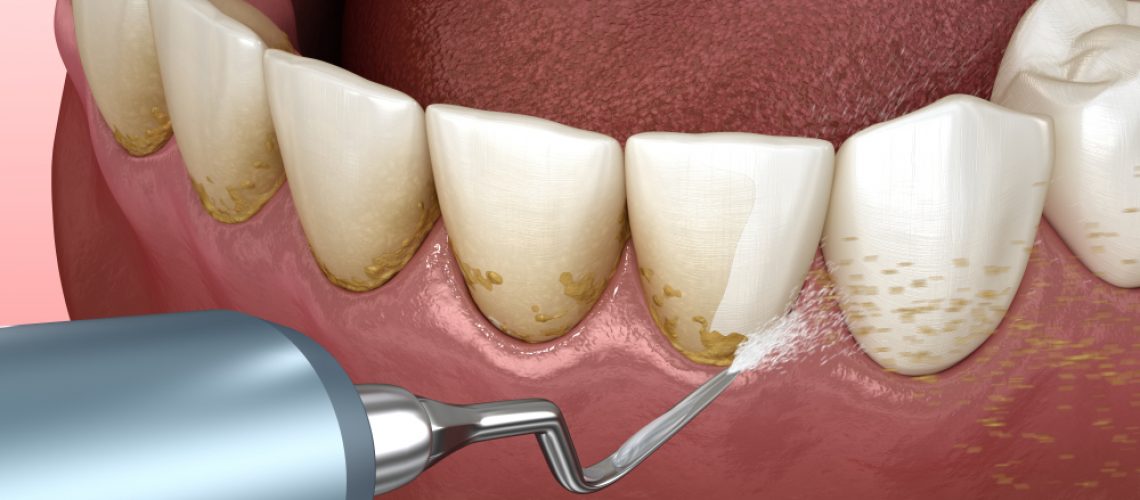When suffering from gum disease, there are few ways to successfully get rid of the bad bacteria and unwanted plaque. One way dentists turn to if you’re suffering from gum disease is scaling and root planing.
Scaling and root planing is when your dentist conducts a deep cleaning below the gum line which helps treat the gum disease. Removal of any plaque and bacteria that may have settled is important to fully remove, so your condition does not worsen. If the unwanted debris remains in place and continues to build up, you risk your soft tissue receding, your gum line loosening and even losing teeth affected by the debris.
When you undergo the scaling and root planing procedure, your gums will remain tender and swollen for a day or two post treatment. At this time, your teeth may even be sensitive, because of the tool that is used for the removal. Over the counter medication is often recommended to fight any soreness or discomfort you may face.
Post scaling and root planing, your dentist will most likely give you a mouth rinse. This rinse is to ensure while your soft tissue is looser, not as close to your teeth as usual, that you do not obtain an infection. Ensuring you keep your mouth clean is important, because plaque will begin to form on the teeth and settle on the gums.
It is important to brush your teeth and floss, routinely. It is recommended that you perform oral care routines twice a day. Bacteria flourish especially at night, so deep cleaning your teeth in the morning is always ideal.
If you believe you could benefit from a scaling and root planing procedure, contact your dentist. They will be able to schedule you a consultation to assess your specific situation, and fit you in for a proper appointment. During this treatment, local anesthetic may be used to diffuse anxiety.



